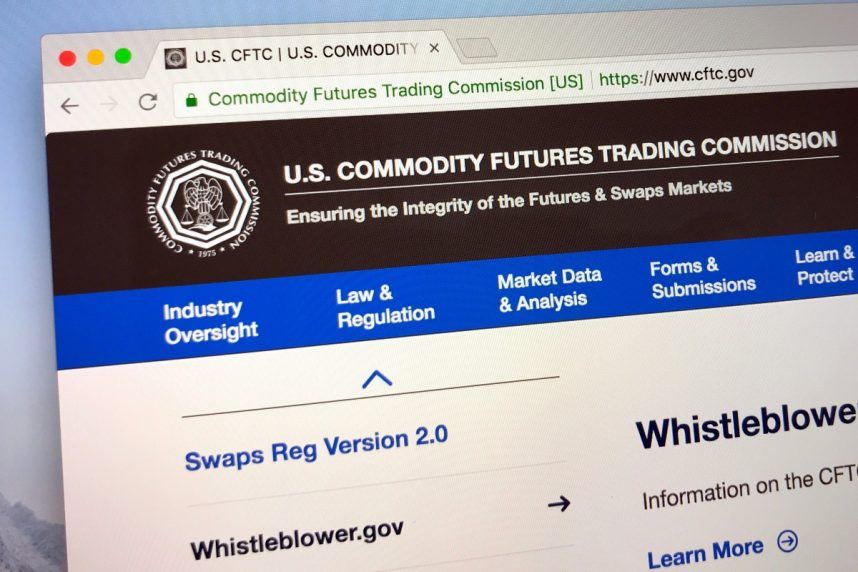American Gaming Association Seeks Ban of Sports Event Contracts on Prediction Markets
Posted on: March 9, 2025, 12:30h.
Last updated on: January 6, 2026, 09:05h.
- The American Gaming Association opposes sports contracts on prediction exchange markets
- Kalshi and similar sites are offering sports contracts
- The CFTC is reviewing the matter
The American Gaming Association (AGA) is urging the United States government to prohibit prediction market exchanges from offering event contracts involving sports.

A major threat to the legal sports gambling industry has emerged on wagering exchanges that allow users to risk money against one another on an array of issues from tomorrow’s weather to the price of bitcoin. The online platforms claim they offer derivatives, or financial instruments that are traded as investments.
The Commodity Futures Trading Commission (CFTC), an independent agency of the federal government that regulates derivatives markets, is reviewing how to best govern prediction markets and the legality of sports-related event contracts.
AGA President and CEO Bill Miller hopes the CFTC prohibits prediction exchanges like Kalshi, Crypto.com, and Robinhood from offering sports contracts. Saying the decision is “pivotal” and one in support of the prediction sports-related contracts would “undermine years of state-led progress in the regulation of sports betting,” Miller advocates for a ban of such offerings.
“The CFTC must reject the classification of sports event contracts as investment products and reinforce the integrity of the existing state-regulated sports betting market. Anything less risks destabilizing a system carefully built to balance economic opportunity with consumer protection and support for states and communities,” Miller wrote in an op-ed published in the Sports Business Journal.
“The CFTC must act now to protect states’ rights and prevent an unregulated national betting market from taking root,” the AGA leader continued.
Investments or Bets?
The line between gambling and investing narrowed in the dawn of the internet which brought electronic trading platforms mainstream. Warren Buffett, among the most successful investors in the world’s history, said last fall that the “markets now exhibit far more casino-like behavior than they did when I was young.”
Kalshi and similar exchanges claim they simply allow the public to stake money on the outcomes of events that aren’t unlike how investors risk money buying shares of a company based on their belief of what the business’ next quarterly report will look like. Miller, however, contends that predicting the outcome of a sporting event is unquestionably rooted in gambling.
These platforms argue that these contracts are investment vehicles, not wagers or bets. This is sports betting, and if you don’t believe it, their own advertising presents it quite clearly,” Miller wrote. “The reality is that this effort amounts to a backdoor for national sports betting that threatens state authority, consumer protections, and the integrity of the legal sports betting industry.”
Roundtable Forthcoming
The CFTC is set to hold a “prediction markets roundtable” later this month. A date has yet to be set.
The CFTC has been fielding comments from invested parties since early last month. Entities that submitted comments in support of the CFTC banning sports-related prediction market contracts, along with the AGA, include GeoComply, a geolocation firm that assists mobile sportsbooks in pinpointing where their bettors are located. Major League Baseball, the Indian Gaming Association, and US Rep. Dina Titus (D-Nevada) also called for a ban.
CFTC Acting Chair Caroline Pham has expressed opposition to sports contracts on prediction exchanges.
“Unfortunately, the undue delay and anti-innovation policies of the past several years have severely restricted the CFTC’s ability to pivot to common-sense regulation of prediction markets,” Pham said last month. “Despite my repeated dissents and other objections since 2022, the current commission interpretations regarding event contracts are a sinkhole of legal uncertainty and an inappropriate constraint on the new administration.”
No comments yet